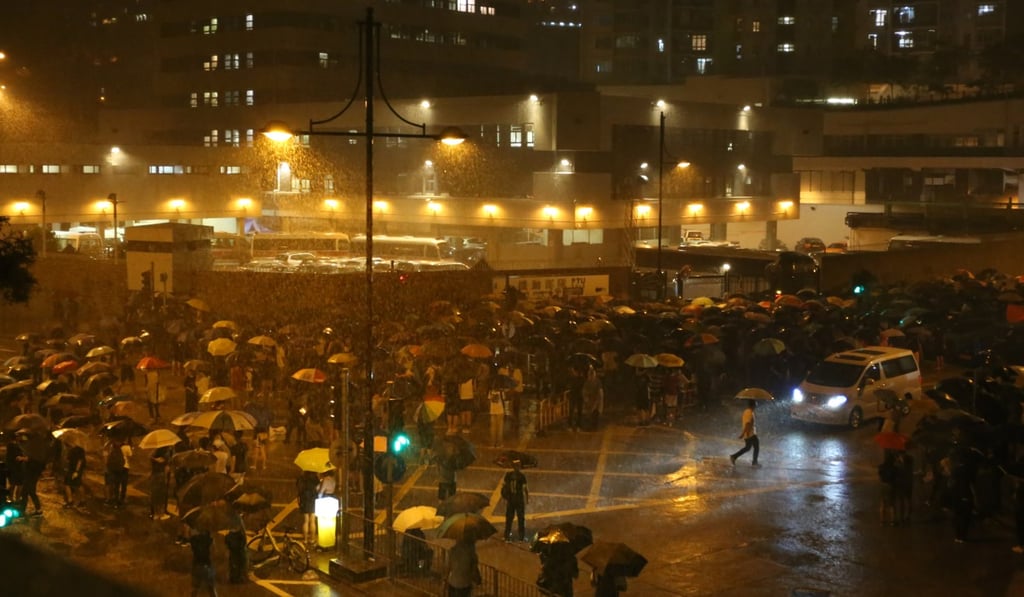Opinion | Hong Kong protests take toll on mental health of journalists, but we find a way to keep going
- Protesters, law enforcers and Hong Kong residents alike are suffering amid the unrest; it has also affected journalists covering events on the front line
- Long hours, flashbacks, insomnia – no wonder some seek counselling. Rachel Cheung recalls a moment of quiet connection that gave her the strength to go on

There is always a story behind the story. This column explores beyond the headlines to reveal the hidden tales affecting cultural and social issues throughout the region.
There are nights when I cannot sleep; the slogan chanting and cries of panic keep ringing in my ears. There are mornings when I cannot wake up, fearing I’ll open my eyes to a world that has gone further down the slippery slope. Then there are days when I do nothing but cry.
At least I am releasing these emotions, I tell myself. For others, who are so caught up in the news cycle, it is a luxury they may not have.

First to arrive and last to leave, journalists are as dedicated to their duty as the strongest supporters are committed to their cause. Even as protesters disperse, they stay, watching for potential clashes or arrests, their shifts stretching endlessly into the early hours – and, unlike for police officers, there is no such thing as overtime pay.
